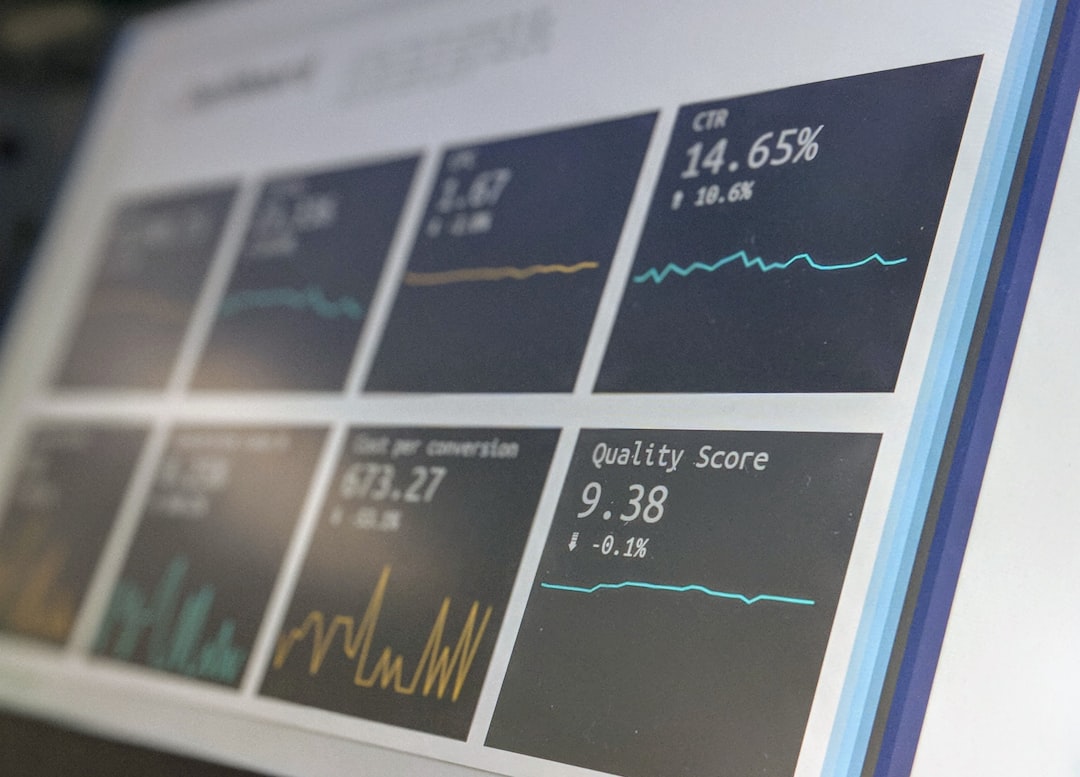In a world increasingly reliant on digital evidence, the role of a forensic video analyst has never been more crucial. These professionals examine, interpret, and enhance video evidence used in criminal investigations, civil litigation, and even national security. With video surveillance footage becoming a cornerstone of modern law enforcement, launching a career as a forensic video analyst in 2025 presents a compelling, intellectually challenging opportunity for those inclined toward both technology and justice.
What Does a Forensic Video Analyst Do?
A forensic video analyst is responsible for analyzing surveillance footage, dashcam videos, mobile recordings, and body-worn camera footage to uncover critical visual evidence. This isn’t just watching video—it involves a deep understanding of video formats, compression algorithms, metadata integrity, and software tools used for analysis and enhancement.

Tasks might include:
- Stabilizing shaky footage to identify suspects or license plates
- Authenticating videos to detect tampering or edits
- Extracting key frames for courtroom presentations
- Using software to measure objects or distances within videos
- Collaborating with law enforcement and legal teams to interpret visuals
Step-by-Step Guide to Becoming a Forensic Video Analyst in 2025
1. Get a Relevant Education
While there is no single degree specifically for forensic video analysis, related fields can lay a strong foundation. Consider studying:
- Digital Forensics
- Criminal Justice
- Computer Science
- Multimedia Design
Many universities now offer concentrations in forensic technology or digital evidence handling, which can provide targeted knowledge and hands-on experience.
2. Develop Technical Skills
A forensic video analyst must be proficient in both the science of video and the software tools used to analyze it. Some essential skills include:
- Understanding video codecs and formats
- Using forensic software like Amped FIVE, iNPUT-ACE, and Adobe Premiere Pro
- Analyzing metadata and video timing
- Detail-oriented observation and pattern recognition
3. Earn Certifications
Certifications demonstrate expertise and dedication. In 2025, these will be especially important due to the evolving nature of video technology. Consider obtaining:
- LEVA Certification (from the Law Enforcement and Emergency Services Video Association)
- Certified Forensic Video Examiner (CFVE)
- FIVE Certification (proficiency in using Amped FIVE software)
These credentials not only bolster your credibility but also open doors to employment in law enforcement agencies and private sector firms.
4. Gain Real-World Experience
Internships, entry-level tech jobs in law enforcement agencies, and contract work with private investigation firms provide vital hands-on exposure. It’s important to work with real video evidence under the supervision of experienced analysts to build confidence and accuracy.

5. Stay Updated with Legal and Technological Changes
In 2025, forensic video analysis isn’t just about tech—it’s also about understanding the legal framework surrounding digital evidence. Stay updated on:
- Evidence admissibility standards in your jurisdiction
- Cybersecurity and privacy laws
- Evolving AI tools and deepfake detection
Joining professional organizations, attending conferences, and participating in ongoing training are excellent ways to remain current in this fast-changing field.
Career Outlook and Work Environment
By 2025, demand for forensic video analysts is expected to grow as law enforcement continues to digitize and automate their investigative processes. Jobs can be found in:
- Police departments and investigative units
- Federal agencies such as the FBI or DHS
- Corporate security departments
- Independent forensic labs
Analysts often work in lab settings, sometimes remotely, and may be called upon to testify in court. Strong communication skills are critical for explaining complex technical details to juries, judges, and attorneys in understandable terms.
Final Thoughts
Becoming a forensic video analyst in 2025 requires a combination of education, technical skills, and continual learning. It’s a rewarding career for those who are inquisitive, precise, and passionate about justice and technology. With the right blend of qualifications and real-world experience, you can play a vital role in solving crimes and delivering truth through the lens of technology.



